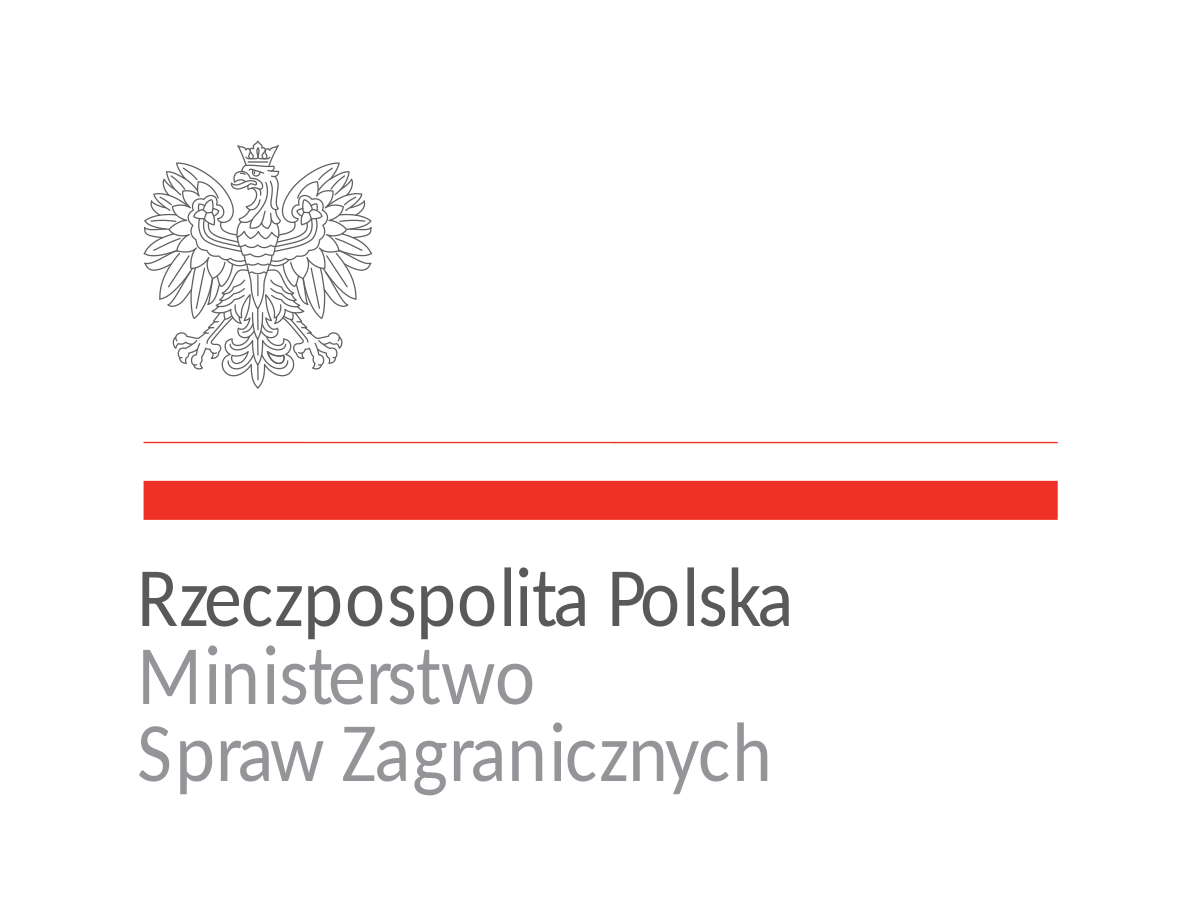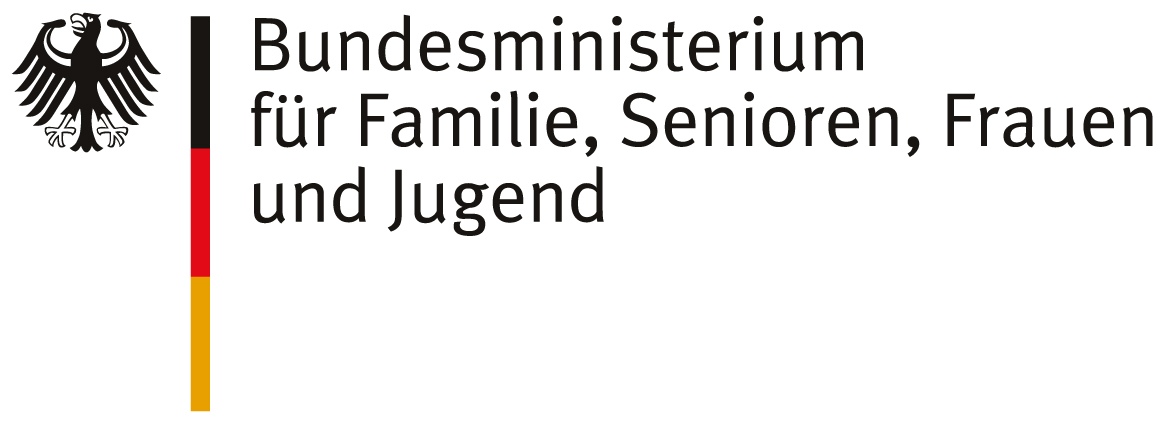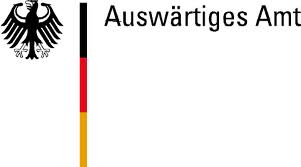
„At last. New things have started. [...] The goal of a long way has been reached". It is with these words that my father, Günter Särchen, began his written memories of „the abolished political division of Europe" and of the establishment of the Kreisau Foundation that made this historical event possible.
The road up until this point had been prepared decades earlier by people who all came from different backgrounds but all of them had the same intention: reconciliation and understanding with Poland. One of these persons was my father, who helped to shape a piece of German-Polish reconciliation based on Christian values and moral responsibility. It was not an easy take and he dealt with difficult conditions in the GDR and over the course of decades he persistently undertook small steps of meetings people to build his network - which was always very important to him. He was able to follow this path because - beginning at the end of the 1950s - he was able to establish numerous personal contacts in Poland, including with the KIK Wroclaw, including Ewa Unger, the family of Wanda and Kazimierz Czaplinski.
My father was able to help shape the new meeting place in the early days of the Foundation, as a part of the Foundation Board. Thirty years have passed since the start of the journey and I would like to share some of my reflections about my father and the start of this journey.
„What was still a dream of another Germany and a new Europe for the German patriots, men and women living in the NS resistance at that time in the Lower Silesian manor house Kreisau in the forties, can now, 1989, be realized, in this meanwhile Polish village Krzyzowa."
„[...] The decades of separation must be followed by many contact in a new quality. Not only by politicians, but above all by the younger generation. The content of every Meeting must be characterised by truthfulness and openness towards others.“
From our many conversations, I remember how important it was to my father to involve the Polish village of Krzyzowa and its inhabitants.
„Here [in Krzyzowa -E.H.] lies our probation field and not just one field of activity. Here is a huge high voltage field! Woe if this is not observed! Especially in this place of Krzyzowa and everything that is thought of here and developed with German support, it will be possible to measure in the future whether one is really prepared to realize the European spirit of the "Kreisauer" or whether one only wants to establish a German-national memorial with a clear German charisma in this now Polish place. [...] Mind you: no German needs to hide his own identity and his noble love for his old homeland in this place. But we must learn to bring them together with a great deal of empathy into the new work, which barely fifty years after the death of the German "Kreisauer" [Kreisauer Kreis - E.H.] is currently being taken up by Polish women and men in their country as part of Europe and is being continued imaginatively in a new historical era. In this context my father, „as a friend of the Polish people [his-E.H.], allowed himself to write down „a premonition that in this new epoch, which especially began in the seventies and eighties, the political fermentation process on the Polish side is far from over. It is now beginning to break it open publicly and visibly... (Fear of the Germans). All Europeans involved, and not least we Germans, will have to make every effort to ensure that our decisions and actions do not encourage such Polish fears. A new learning process begins for all of us, which will not be characterized by a constant forward movement. The past decades have been too painful for the people of both peoples."
Today I experience the new Kreisau with its institutions as a wonderful and unique living place, meantimeplace of international open meeting and of remembrance, where education for peace and democracy is an important lived concern.
For me it is more than an obligation to continue to tell of the new Kreisau, to „infect" others with the spirit of international unity.
Elisabeth Here-Särchen
Member of the Council of the Krzyżowa Foundation for Mutual Understanding in Europe
1 Günter Särchen: Mein Leben in dieser Zeit, S. 89, Bischöfliches Ordinariat Magdeburg, Bistumsarchiv









.jpg)
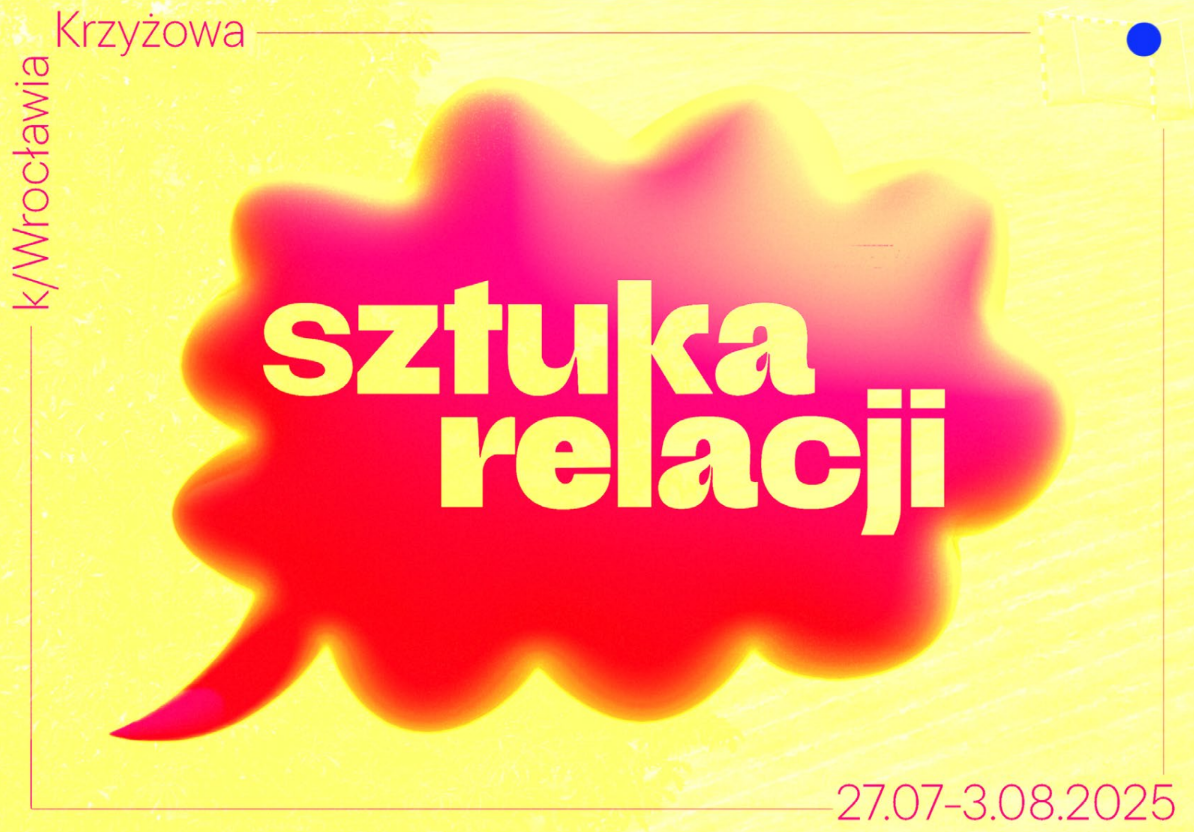

.png)
.png)

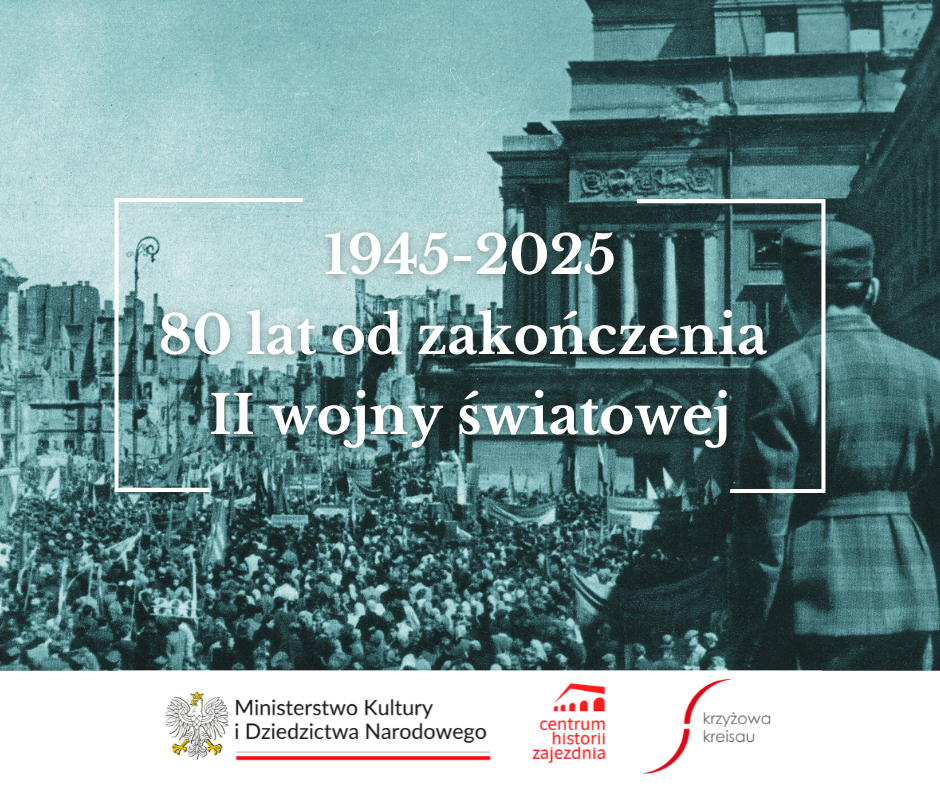

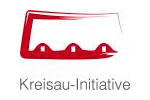

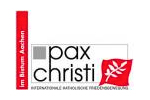
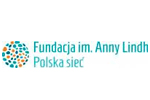
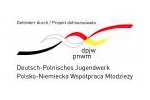
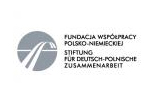

.jpg)




